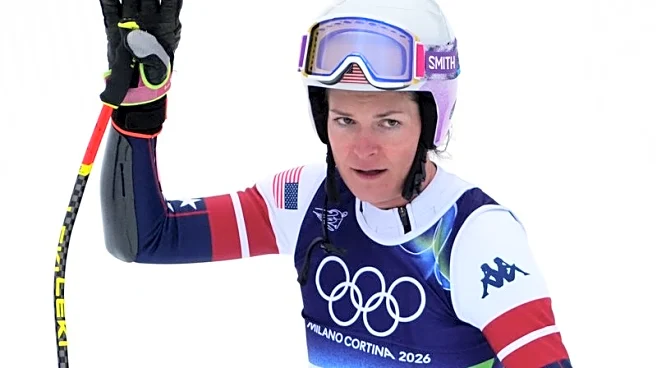What's Happening?
Robert F. Kennedy Jr. has reignited controversy by suggesting a link between circumcision, Tylenol, and autism during a Cabinet meeting. He cited two studies that purportedly show circumcised children have double the rate of autism, potentially due to Tylenol given for pain relief. These claims have been met with skepticism from the scientific community, which has consistently refuted the connection due to lack of conclusive evidence. The studies Kennedy referenced, one from 2013 and another from 2015, have been criticized for methodological flaws and speculative conclusions. Despite Kennedy's assertions, medical professionals emphasize that there is no valid scientific basis for these claims.
Why It's Important?
The claims made by RFK Jr. could have significant implications for public health messaging and parental decision-making. If accepted without scrutiny, such assertions might lead to unwarranted fear and changes in medical practices regarding circumcision and the use of Tylenol. This could affect healthcare providers and parents, potentially leading to increased anxiety and misinformation. The scientific community's response highlights the importance of evidence-based medicine and the need to counteract misinformation that could impact public health policies and practices.
What's Next?
The scientific community is likely to continue challenging RFK Jr.'s claims, emphasizing the need for rigorous research and evidence-based conclusions. Medical professionals may increase efforts to educate the public on the safety and efficacy of Tylenol and circumcision, aiming to prevent misinformation from influencing healthcare decisions. Further studies may be conducted to definitively address the alleged links, although current evidence does not support Kennedy's assertions.
Beyond the Headlines
This controversy underscores the broader issue of how public figures can influence health perceptions and policy through unverified claims. It raises ethical questions about the responsibility of leaders to base public health recommendations on solid scientific evidence. The situation also highlights the potential for misinformation to spread rapidly in the digital age, necessitating vigilant fact-checking and public education efforts.










